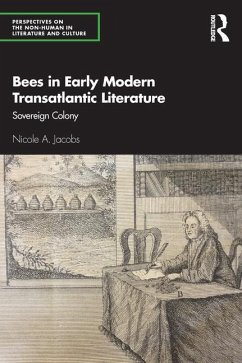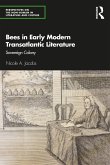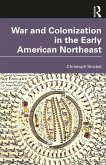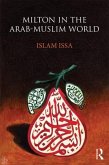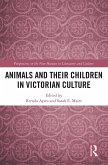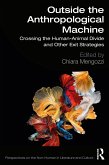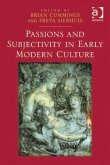This book examines apian imagery-bees, drones, honey, and the hive-in the seventeenth- and eighteenth-century literary and oral traditions. In England and the New World colonies during a critical period of expansion, the metaphor of this communal society faced unprecedented challenges even as it came to emblematize the process of colonization itself. The beehive connected the labor of those marginalized by race, class, gender, or species to larger considerations of sovereignty. This study examines the works of William Shakespeare; Francis Daniel Pastorius; Hopi, Wyandotte, and Pocasset cultures; John Milton; Hester Pulter; and Bernard Mandeville. Its contribution lies in its exploration of the simultaneously recuperative and destructive narratives that place the bee at the nexus of the human, the animal, and the environment. The book argues that bees play a central representational and physical role in shaping conflicts over hierarchies of the early transatlantic world.
"Though there are studies that discuss bees in Shakespeare, and in America, this is the first that attempts to bridge the Atlantic to demonstrate the way apian imagery is used as Europeans colonize America. This new ground is important, and the book is an important contribution to literary studies and the history of the bee." Richard Grinnell, Marist College
"In the century preceding Mandeville's famous grumbling hive, Jacobs reveals how the European honeybee was already vital to how British writers advanced changing ideas about sustainable politics, sovereignty, the power of workers, and the role of other species in human affairs. She uncovers in a wealth of primary texts why the British carried actual bees in hives as well as differing ideas of what they meant forward and into the American colonies, with complex social repercussions. Jacobs shows with admirable clarity the crucial role bees played in the early modern literary and political imagination on both sides of the Atlantic." John Morrillo, NC State University
"In the century preceding Mandeville's famous grumbling hive, Jacobs reveals how the European honeybee was already vital to how British writers advanced changing ideas about sustainable politics, sovereignty, the power of workers, and the role of other species in human affairs. She uncovers in a wealth of primary texts why the British carried actual bees in hives as well as differing ideas of what they meant forward and into the American colonies, with complex social repercussions. Jacobs shows with admirable clarity the crucial role bees played in the early modern literary and political imagination on both sides of the Atlantic." John Morrillo, NC State University

